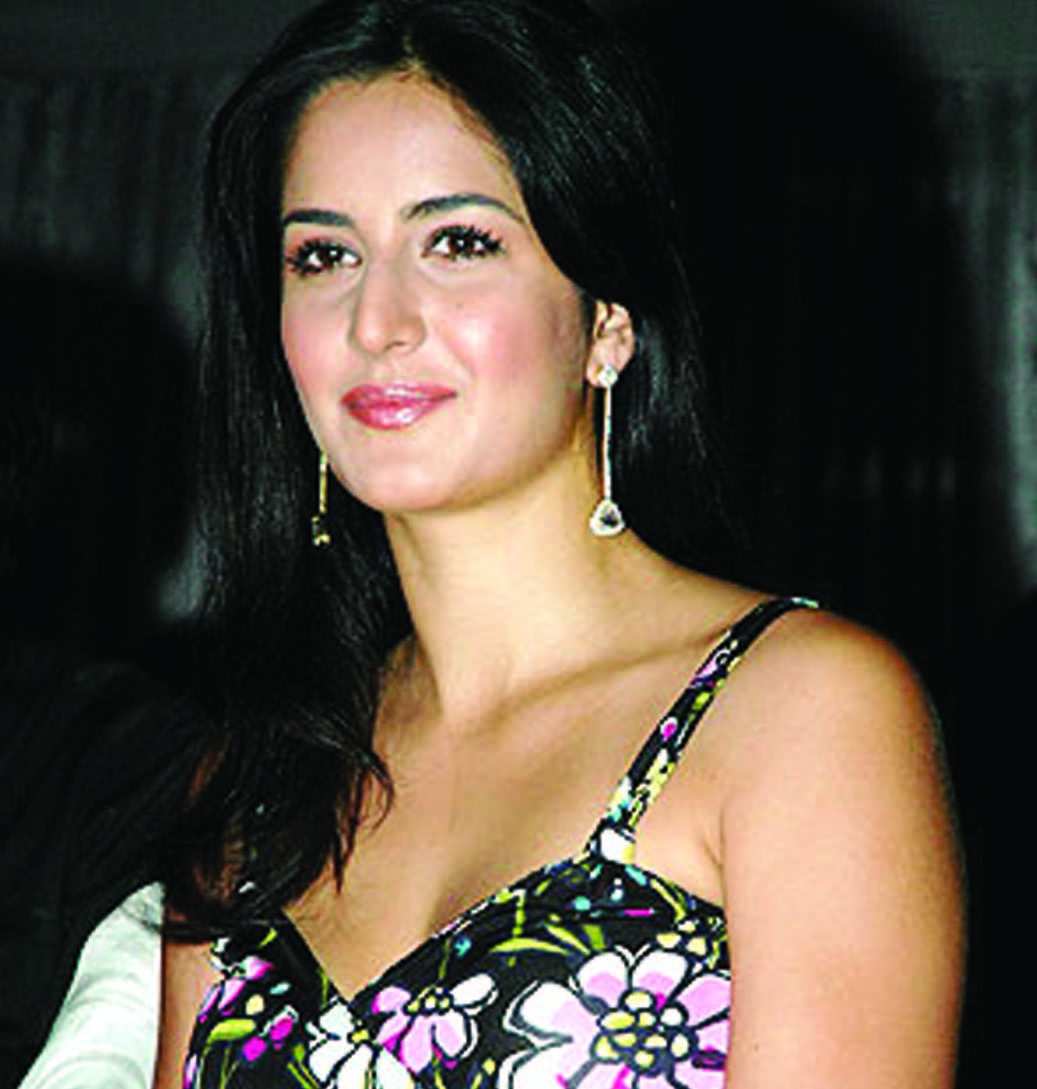
STORY: An Indian and a Pakistani soldier stationed at the border battle, bicker and bond over their twisted fate caused by India‘s bitter and bloody partition. REVIEW: Kya Dilli? Kya Lahore? Kya ‘baat’! Yes, battlebanter over cross-border firing and a bombardment of dialogues forms the crux of this film, set at a time (1948) when the border lines between India and Pakistan reeked of fresh blood.
In today’s context, those very boundaries have dulled, the battle-lines have hardened and the banter has changed. To a more contemporary barrage of dialogues. ‘KDKL’ deals out languid laughter and a dark humour-in-uniform. Yet, all of it stems from scarred memories and open wounds of partition that’ve painfully throbbed over generations. Narrated and presented by maestro writer/lyricist Gulzar, the story unfolds when a Pakistani soldier, Rehmat (Raaz); born in Delhi and now ‘displaced’ in newly-formed Pakistan, is confronted by an Indian soldier, Samarth (Rishi), who’s grown up in Lahore, now migrated to Delhi.
The satirical conversations, candour, ‘crossness’, form a large part of the dialogue between two lost souls. What starts as a spiteful fury of words, punctuated with blood and bullets, warms up into a heart-rending tale. And somewhere, the inbred bhaichara and binding nostalgia ties the two uprooted souls like an undeniable umbilical cord. Debutant director Vijay Raaz’s story stays firmly focused on his two subjects (Rehmat, Samarth), in the same location throughout; with brief inclusion of only two other characters.
The plot, (reminiscent of Oscarwinning Bosnian film, ‘No Man’s Land’), is a rare attempt in Indian cinema. The essence of the story rests in its dialogues (Manu Rishi) – like rich, evocative poetry – which carries the emotional weight of the film. In that also lies the problem, the shuddh Urdu-Punjabi- Hindi is often difficult to grasp amidst raging emotions. Hence, it might not appeal to all.
Also, the film feels a tad long. Performances by Raaz and Rishi are brilliant and the background score (Sandesh Shandilya) adds tear-jerking heaviness. One of the finest things about ‘KDKL’ is Gulzar’s poetic prologue. Without the usual trappings of filmi fanfare, this story has its heart in the right place – pure and undivided. Like pre-partition brotherhood.





Be the first to comment